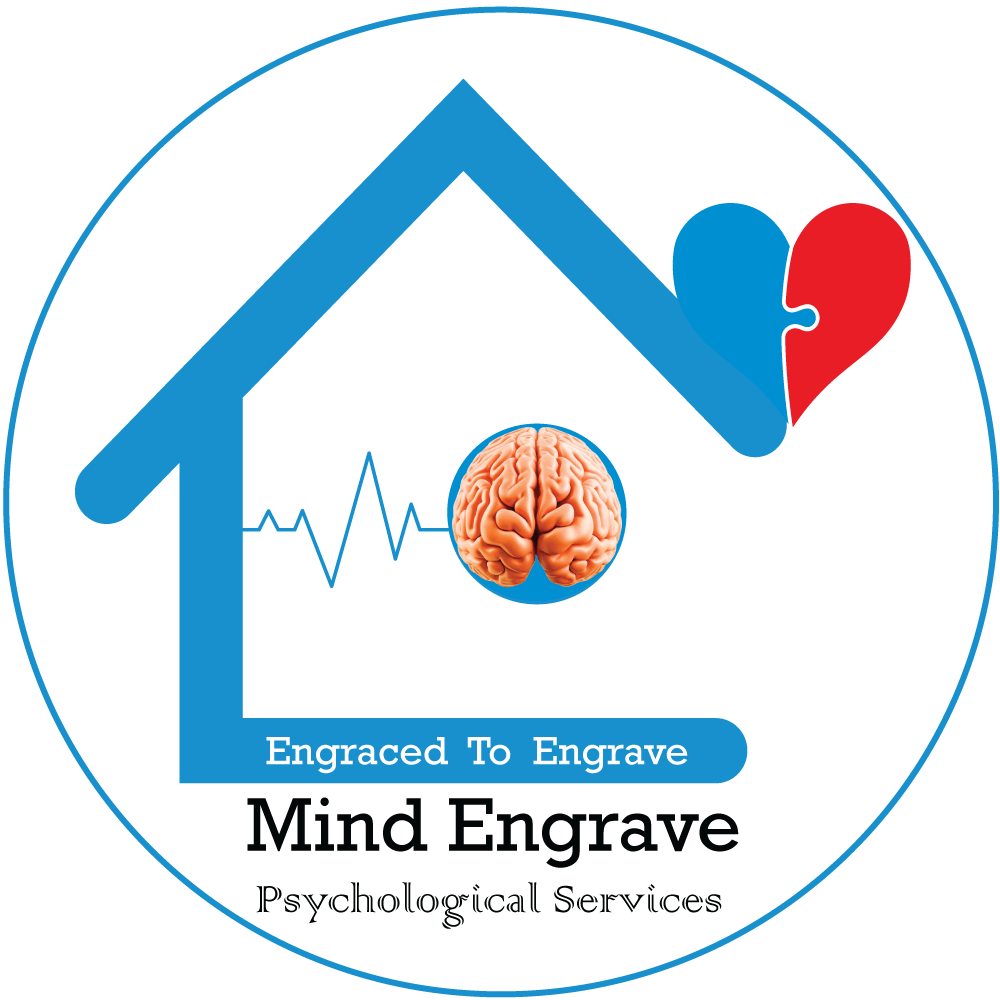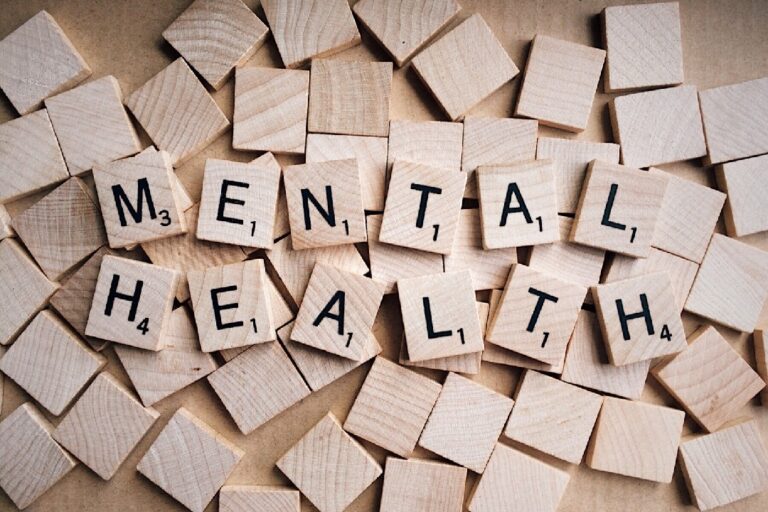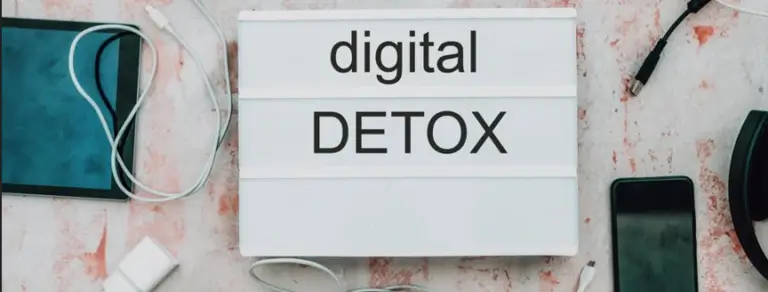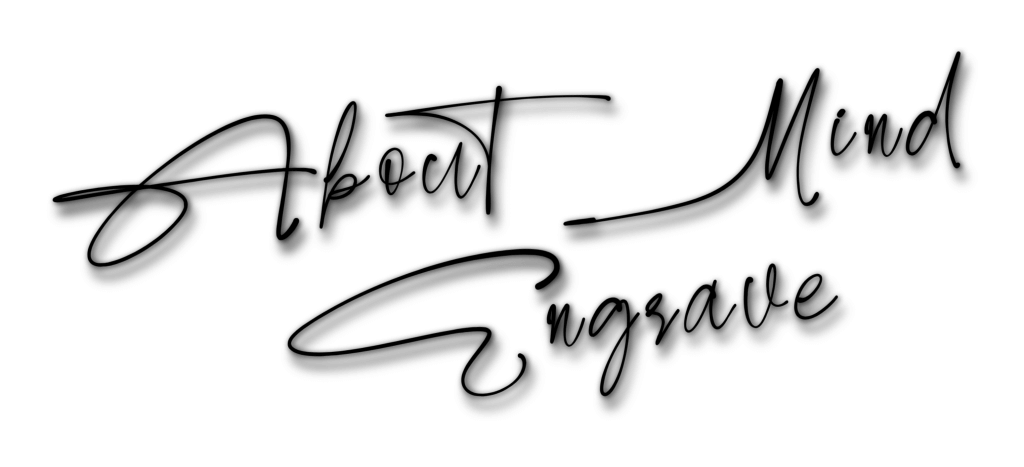Mental Health Awareness: Signs, Support & Help in Nigeria
Why Mental Health Awareness matters now
Mental health awareness saves lives. In Nigeria, many people, especially young adults, struggle in silence because of stigma, limited access to care, or uncertainty about where to start. This guide offers clear, practical steps to spot common signs, support yourself or someone else, and connect with trustworthy care options in Nigeria. Whether you’re a teen, a parent, a worker, or a health leader, this resource is written so you can act today.
What Is Mental Health Awareness?
Mental health awareness means recognizing mental health as part of overall health: understanding signs, reducing stigma, and knowing where to seek help. Awareness is not diagnosis — it’s the first step. When communities, workplaces, and schools know what to look for and what to do, help-seeking becomes easier and faster.
Common Signs To Watch For (When To Check In)
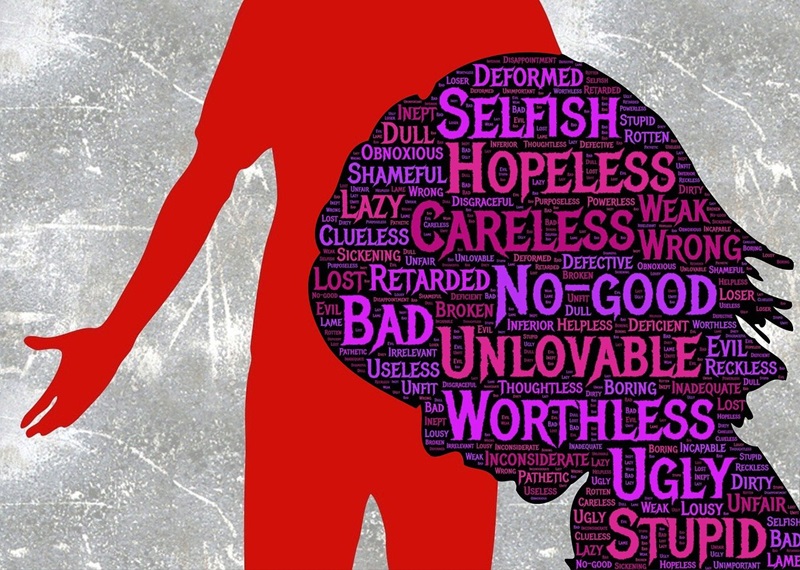
None of these alone confirms a mental health condition. They are signals to take notice and act.
Emotional & mood changes
- Persistent sadness, hopelessness, or sudden mood swings lasting several weeks.
- Overwhelming irritability or numbness.
Thinking & concentration
- Excessive worry, racing thoughts, or confusion that affects school/work.
- Persistent negative self-talk or self-blame.
Behavioral & social
- Withdrawal from friends, activities, or family; dropping grades or work output.
- Increased arguments, risky behaviour, or substance use to cope.
Physical & daily life
- Major changes in sleep or appetite, unexplained aches, low energy.
- Trouble completing daily tasks or looking after self-care.
Crisis signs — act immediately
- Talking about suicide or self-harm, planning, or giving away possessions.
- Sudden severe disorientation, hallucinations, or violent behaviour.
- If someone shows crisis signs, call emergency services (112 – The 112 number serves to provide a national number to Nigerians who are in need of health-related emergencies or need access to Emergency Response Agencies -ERAs, in life-threatening situations.) and local crisis lines — stay with them if safe and remove immediate means of harm.
First practical steps — what to do (for yourself or someone else)
If it’s not an emergency
- Open the conversation — simply. “I’ve noticed you’ve been quieter lately. How are you coping?”
- Listen and validate. Avoid quick fixes; say: “That sounds hard. I’m glad you told me.”
- Encourage small actions. Suggest a basic health check, a sleep routine, or a short walk.
- Offer practical help. Offer to find a therapist, help book a teletherapy session, or sit with them while they call.
- Set boundaries. Supporting someone is valuable, but professional help is often needed. In essence, be clear about what you can and cannot offer.
If it’s an emergency Call 112 or local ambulance/police; contact a crisis line; remove immediate means of harm; stay with the person if it’s safe.
Where to find trustworthy help in Nigeria
Online therapy & telehealth — good for privacy and access
Teletherapy reduces travel, can be more affordable, and protects anonymity for those worried about stigma. Choose platforms listing therapist qualifications, clear pricing, and privacy policies. Consider a short trial session to test fit.
Public and specialist hospitals
For severe symptoms, medication needs, or emergency psychiatric care, federal and teaching hospitals with psychiatric units are appropriate — they provide specialist assessment and treatment. For example, Hakron Specialist Care Center can be very helpful.
Community organisations & NGOs
Youth and community groups often provide counselling, referrals, and free resources. These groups are useful entry points for people who prefer community-based support. A good example is Arogi Trauma Care Foundation.
How to choose a therapist or clinic
- Check professional registration (clinical psychologist, psychiatrist, licensed counsellor).
- Ask about session format, confidentiality, fees/sliding scale, and experience with your issue.
- For teletherapy, confirm data privacy and emergency backup plans.
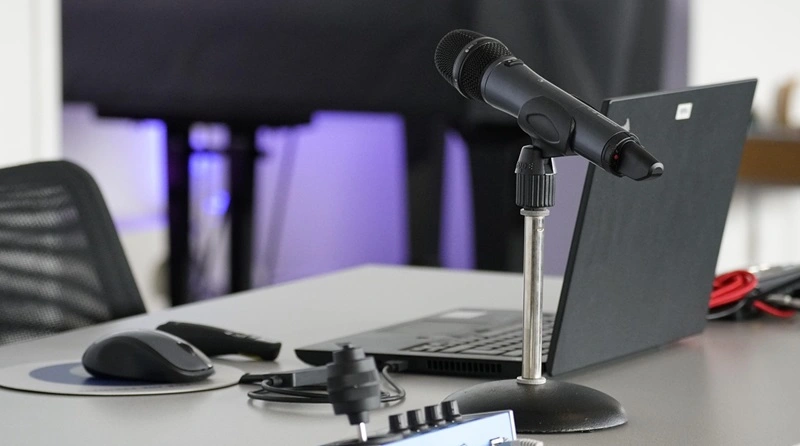
Treatment expectations — what helps
- Psychological therapies (CBT, interpersonal therapy, trauma-focused therapy) are first-line for many conditions and teach coping skills.
- Medication may be recommended by a psychiatrist for certain diagnoses and often works best combined with therapy.
- Recovery is gradual — expect small improvements over weeks, and steadier gains over months. Building routines, supports, and coping tools is central to recovery.
Overcoming stigma — Practical actions for families, schools, & workplaces
Stigma keeps people silent. These steps reduce fear and open doors to care:
- Start conversations: Invite stories of recovery; normalise help-seeking language.
- Education sessions: Short workshops for staff or students on signs and referral pathways.
- Lead by example: When leaders and professionals speak about mental health, others feel safer to seek help.
- Confidential options: Offer teletherapy or confidential helplines as alternatives to in-person visits.
Practical resources to start with
- Emergency number: 112 — for life-threatening crises.
- Online therapy platforms: Compare licensed providers and privacy policies before booking.
- Public hospitals & clinics: Seek specialist psychiatric assessment for severe cases.
- Community NGOs: Youth-focused groups often provide free or low-cost counselling and referrals. For example, Arogi Trauma Care Foundation
Quick Tips
- Teens: If privacy is a concern, try online counselling or school counselors; small routines (sleep, movement) help.
- Adults: Track changes in work or home function; use Employee Assistance Programs or teletherapy for convenience.
- Professionals: Implement mental health training and an accessible referral pathway for staff; model help-seeking publicly.
Moving Forward
If you manage a school, workplace, or community group: run a 60-minute Mental Health Awareness session, publish three trusted local help contacts on your website, or add teletherapy contact options to staff benefits. Small, decisive actions make mental health care visible and accessible.
Ready to get help?
Book a confidential session with a licensed Nigerian therapist or call a local NGO for immediate support.
Frequently Ask Questions

Odusanya Adedeji
Odusanya Adedeji A., is a Licensed & Certified Clinical Psychologist whose domain of expertise cuts across management of specific mental health issues such as, Depression, PTSD, Anxiety & Anxiety related disorders, substance use disorder, etc
